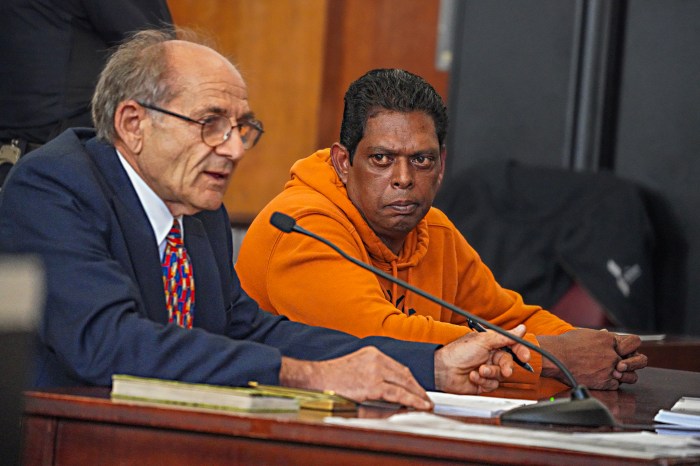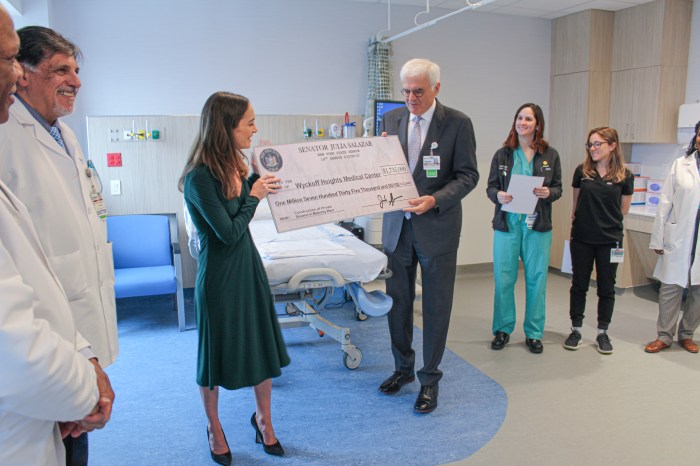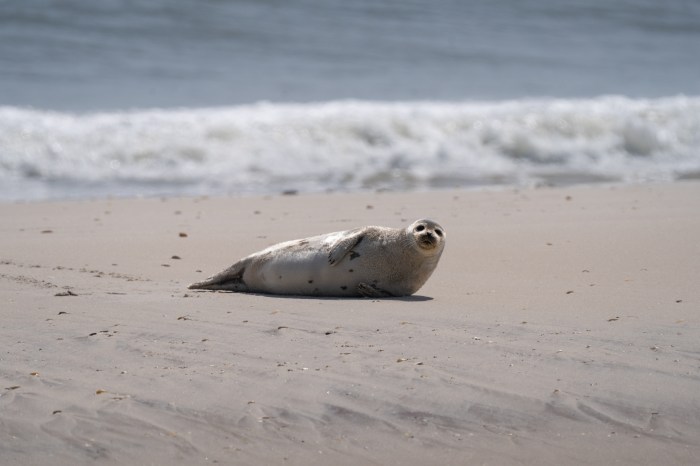BY GARY M. KRAMER
Tom Kalin burst onto the film scene back in 1992 with the New Queer Cinema classic “Swoon,” about homosexual “thrill-killers” Leopold and Loeb. His latest film “Savage Grace” also deals with queer true crime in dramatizing the 1972 Baekeland murder case. Kalin’s outstanding film features Julianne Moore as Barbara Baekeland, an emotionally fragile woman whose love for her son Tony (Eddie Redmayne) becomes incestuous and ends in murder. Kalin chatted about sex, death, and making “Savage Grace.”
You have now made two films about over-privileged gay men committing shocking murders. What accounts for your persistent interest in this topic? What does this say about you?
It says nothing about me! My work is not autobiographical in any way, shape, or form. There wasn’t any intention really to make these two movies back-to-back. It’s obvious that these are stories I’m interested in. I think I am as interested in the elements about class as I am about sexuality, actually.
Another similarity is that both films are period pieces. What is your fascination with looking into the past?
In the most basic way, these films are about make-believe. I find it fascinating to go back in time — the collective illusion you project when you make a film and design sets and direct actors. There’s something fantastic and amazing. I don’t want to live in the Baekeland family. I think it’s interesting to look at historical events and read them in relationship to contemporary events.
The films are very different in tone and emotional impact, even if there are similar themes in the stories. How did you achieve this?
The symbiotic relationship in “Savage Grace” is similar to “Swoon.” The obsessive love and the collision between elegance and violence are all thematic, visual, contrasting structures in the film[s]. An interesting difference is that one is the Crime of the Century, and the other is not really as well known. I was trying to make a closely observed story about what happened in this family and to retain as much empathy and compassion as I possibly could, given how outrageous the subject matter is and also to bring a certain amount of distance to the characters.
Speaking about outrageous subject matter, the sex scenes between Barbara and Tony are incredibly provocative.
People who don’t like the film say, “That [incest] sex scene is one thing, but that masturbation scene… is just way too much.” It was necessary because it shows where the murder comes from. If the behavior is truthful, it doesn’t ruin the mystery of what’s going on psychologically, but it expresses it truthfully.
Tony’s sexuality and psychology may be the most intricate in the film. What are your thoughts on Tony’s behavior?
The more homework I did on Tony… I think he was more gay than bisexual. I think there was a sincere, although very naïve [desire] to have his first sexual experience with [a woman]. I think Tony is attracted to boys when he was young.
I think that Tony is also representative of the ’60s — the fluid, polymorphous sexuality then.
Let’s talk about the casting of Julianne Moore, who gives an extraordinary and brave performance. How did you work with her on the character?
We met and she asked did I have a point of view. What was that point of view? What was the journey about? We talked about the kind of fear that narcissism involves because you are constantly fleeing an uncertain past and stretching toward a future that always seems just outside your reach. Julianne is a very instinctive actor. She had very strong ideas about the character
What about Eddie Redmayne? He’s fantastic here and yet most viewers won’t know him. How did you find him?
He comes from a very posh background and knows how to be in khakis and a white shirt and make me believe he’s a hash-smoking kid in the ’60s. He also has this incredible physiognomy — this face that was so much from the ’60s, the androgynous, voluptuous quality of Eddie’s face. He was so right for a period piece. And then the most important thing in the casting of the role is that you absolutely have to believe that Julianne and Eddie are related.
“Savage Grace” hopefully will reach the same classic status as “Swoon.” What made you wait so long between films?
We tried to make “Savage Grace,” [and] it didn’t happen. I shelved it. Did other things. In 2001, I came back to it. [producer] Christine Vachon stuck it out for that long, and she saw it through. She’s a force of nature. She’s unbelievably loyal and passionate as a producer. She never treats a movie as impossible.
IFC FILMS
Julianne Moore and Eddie Redmayne as mother and son in “Savage Grace.”















